NASA Confirms Aliens Exist, and Not Just on Mars
Unlike several years back, scientists at NASA have become a little more affirmative of the possibilities of extraterrestrial life. In simple terms, living things exist outside the Earth’s ecosystem and on other planets.
While speaking at an exhibition in New York, a research scientist at NASA’s Goddard Space Flight Centre, Dr. Michelle Thaller, said astrobiologists are confident that life will soon be discovered outside planet Earth.
Our Definition of ‘Life’ May Be Inappropriate
When speaking of alien life in our universe, it is a common trend to find even astronomical research experts visualizing monstrous and human-like beings. However, these researchers are having a rethink and are approaching the issue with an open mind.
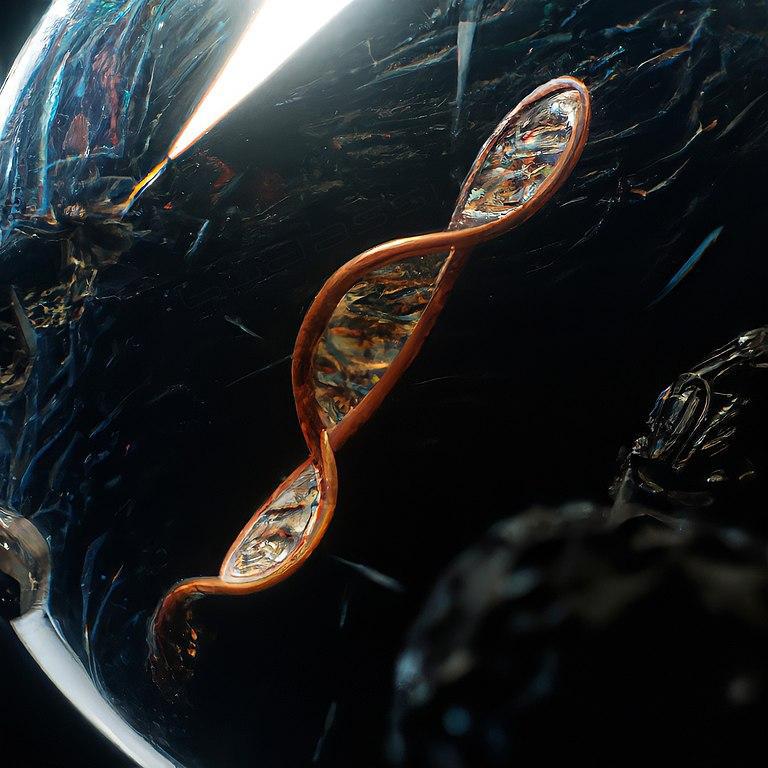
Source: Pablo Budassi/Wikimedia Commons
In fact, it has been agreed in scientific circles that microscopic life forms on other planets may very well be the only aliens we would find.
Faithfully Expecting Validations of the Unknown
Dr. Thaller does not have any tangible evidence yet, at least nothing in the league of living samples recovered from other planetary bodies. However, she believes that the astrobiological community is on the edge of a breakthrough.

Source: Flickr
There are quite a number of clues that give researchers the indication that life exists on some heavenly bodies in our solar system.
Rationale for the Strong Confidence
According to Thaller, astrobiologists have remotely found some elements, reactions, and compounds that are sure signs of life outside Earth. Some of the planets that have been earmarked for further studies are Mars, Venus, and even Jupiter.
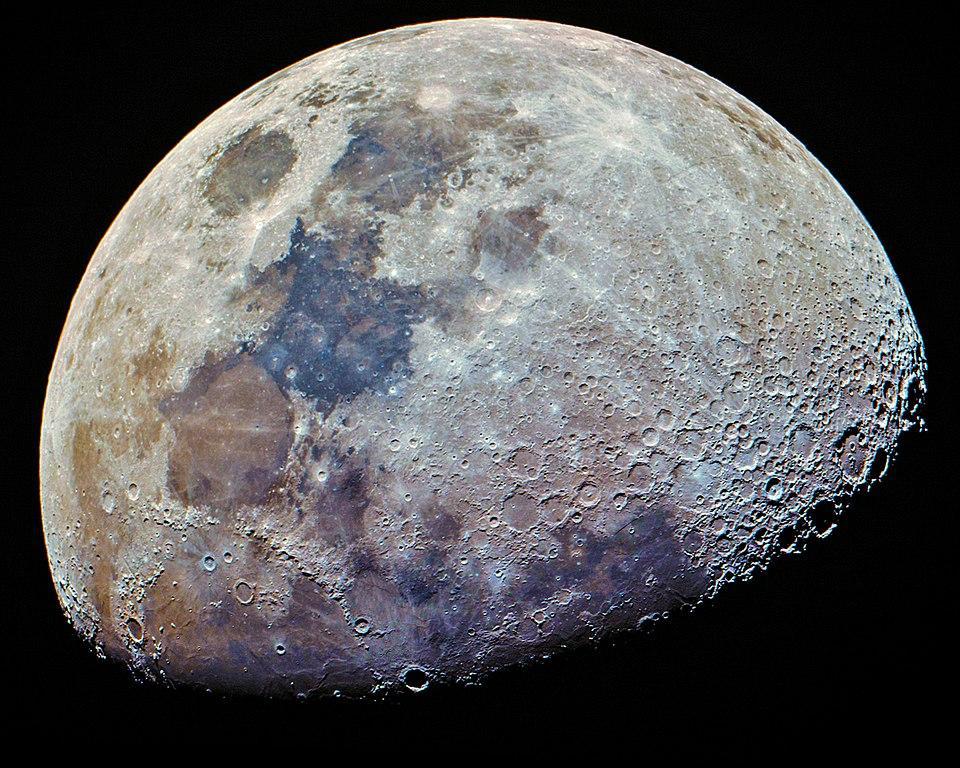
Source: Flickr
While this team of interdisciplinary researchers is pretty confident about their claims, they pointed out that they do not have absolute proof yet and have encouraged enthusiasts of their research to stand by.
A New Resolve to Look Within Our Solar System
In the past, the search for extraterrestrial life has allowed astronomers and scientists to probe way beyond the range of manned space missions and outside of our solar system.
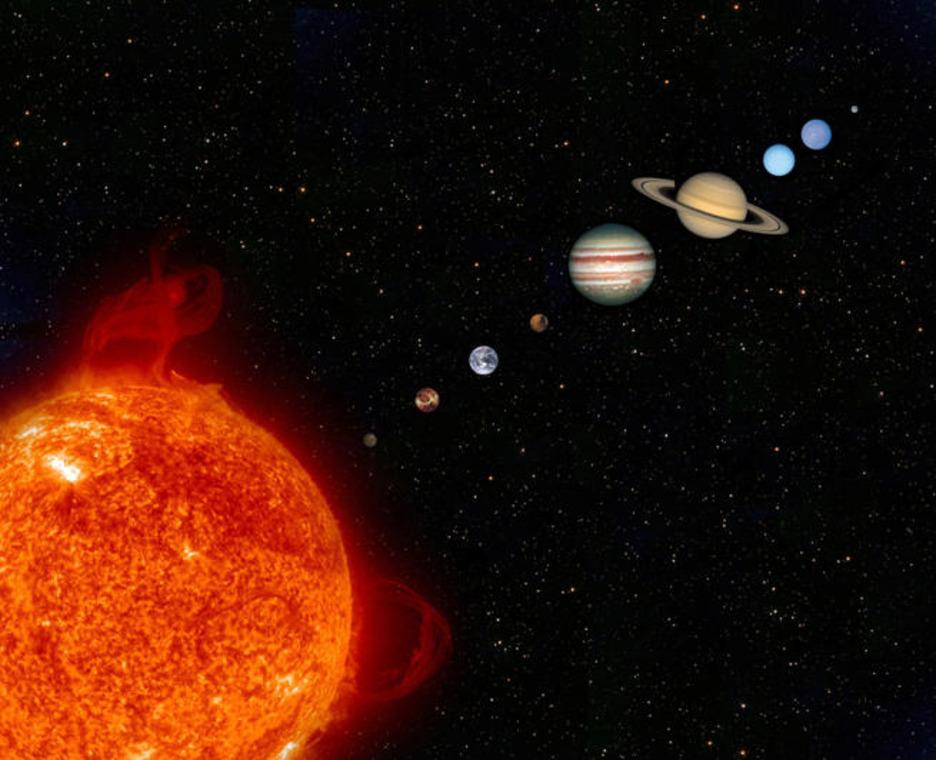
Source: Wikimedia Commons
However, in recent times, astrobiologists have beamed their searchlights inwards to bodies in our solar system that have been previously written off. Jupiter was said to be a ball of gas, but its moon, Europa, now shows prospects of life.
Exploring Signs of Life on Other Heavenly Bodies
Scientists have so far earmarked some 4,800 exoplanets and satellite bodies like our moon for study in the coming years.
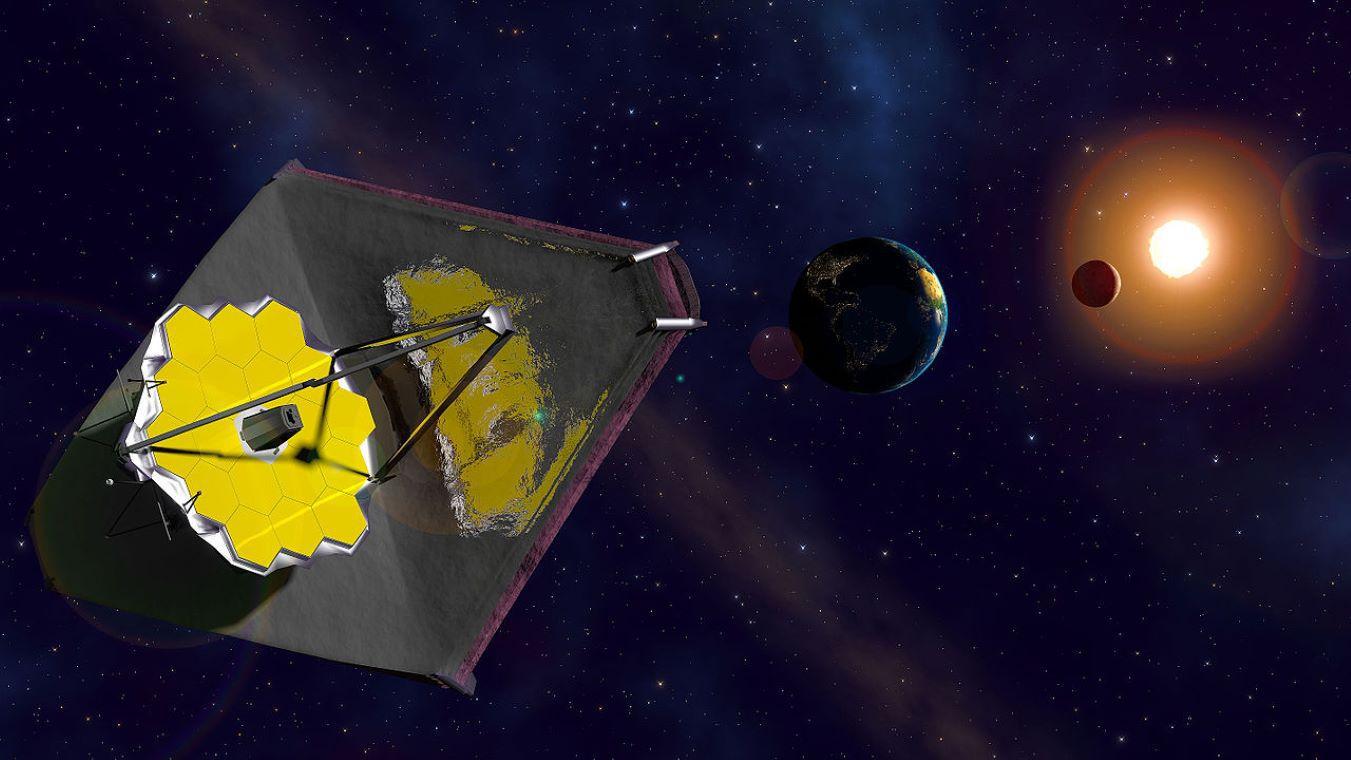
Source: Kevin Gill/Flickr
While most of these planets are not in our literal backyard, it is believed that we can send eyes into space, more like improvements on the James Webb Space telescope. The purpose of these probes would be to check if the unexplored planets contain similar elements as Earth’s.
Other Requirements for Life Sustenance
Besides exploring the content of an exoplanet’s atmosphere, scientists also need to determine if it is a stable planet void of destructive flares and eruptions.
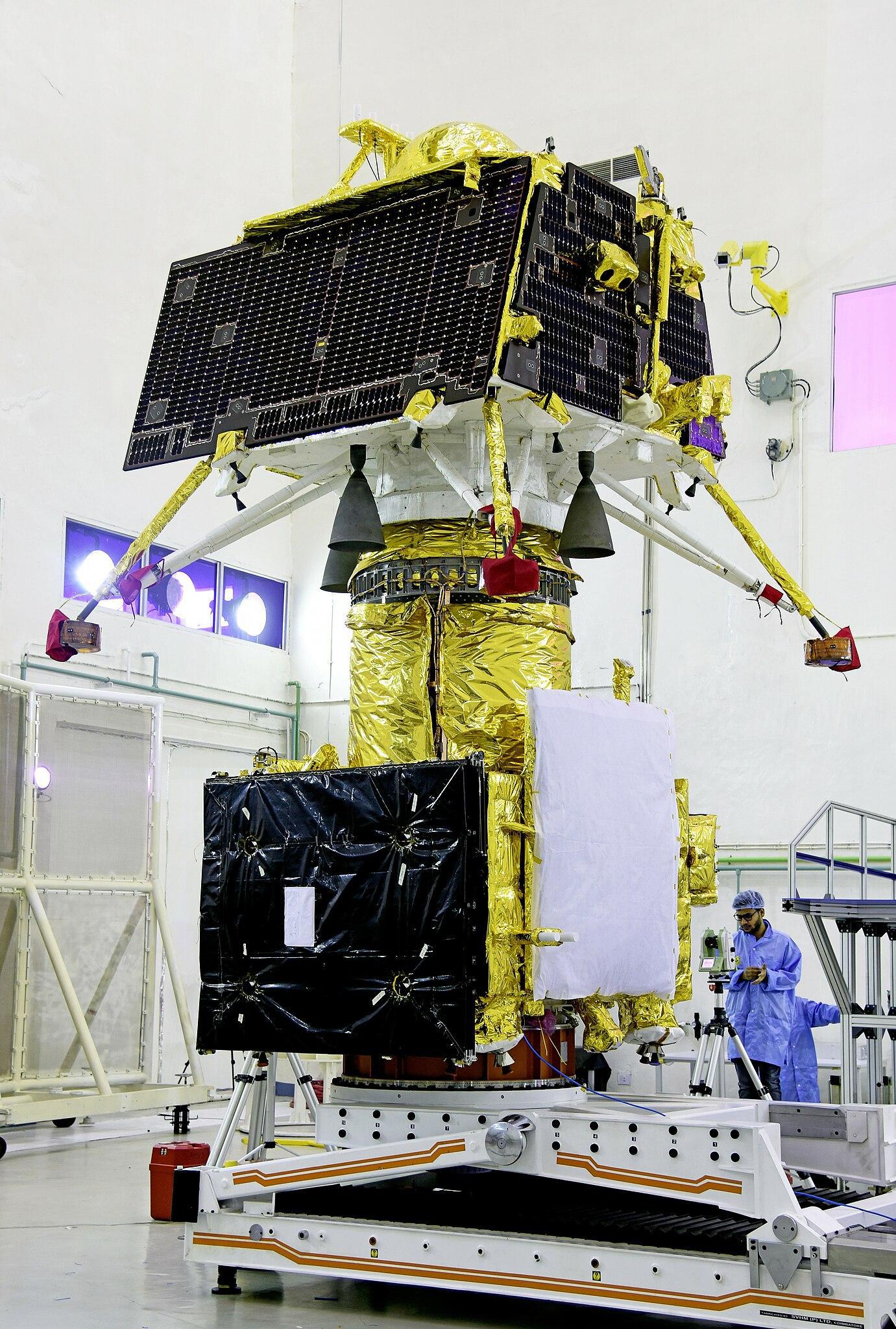
Source: Wikimedia Commons
Likewise, traces of water in any form (frozen, underground, or surface) is a good sign to watch for. For example, India’s Chandrayaan 3 recently landed on the moon in search of water in its frozen South Pole.
An Unlikely Host for Living Things
Venus is a very frigid planet that passes off as inhabitable. In the past, all the landed missions sent to this volcanic planet have ended with the lander getting destroyed.
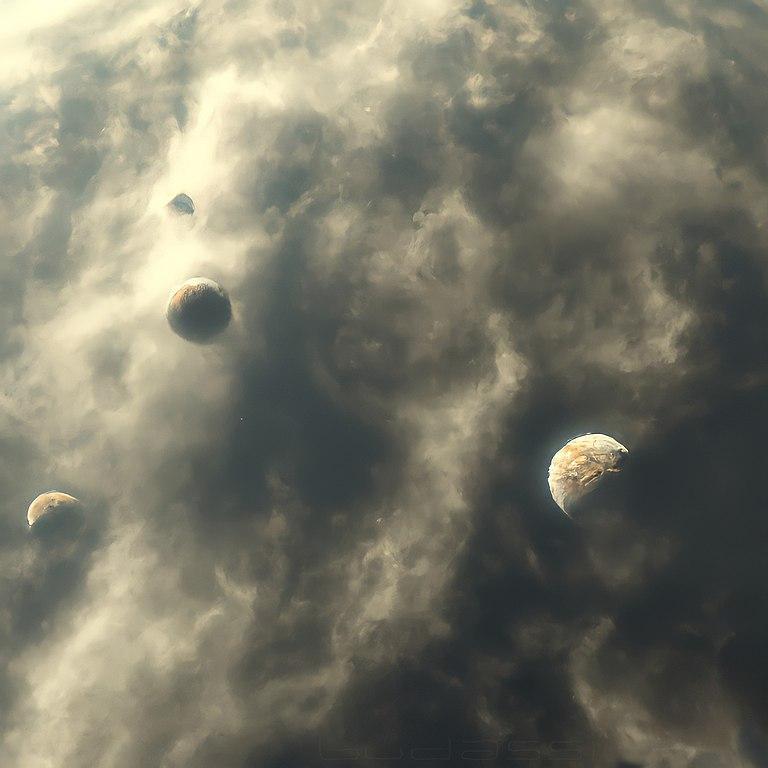
Source: Wikimedia Commons
The surface of Venus is made up of harsh acidic materials that will cause any craft that comes in contact with it to disintegrate almost immediately. However, scientists believe life may be thriving in the planet’s atmosphere.
Can Venus’s 475-Degree Temperature Sustain Life?
Despite its 475-degree Celsius surface temperature, scientists like Dr. Thaller believe that some components of Venus’ atmosphere are byproducts of microbial activities.
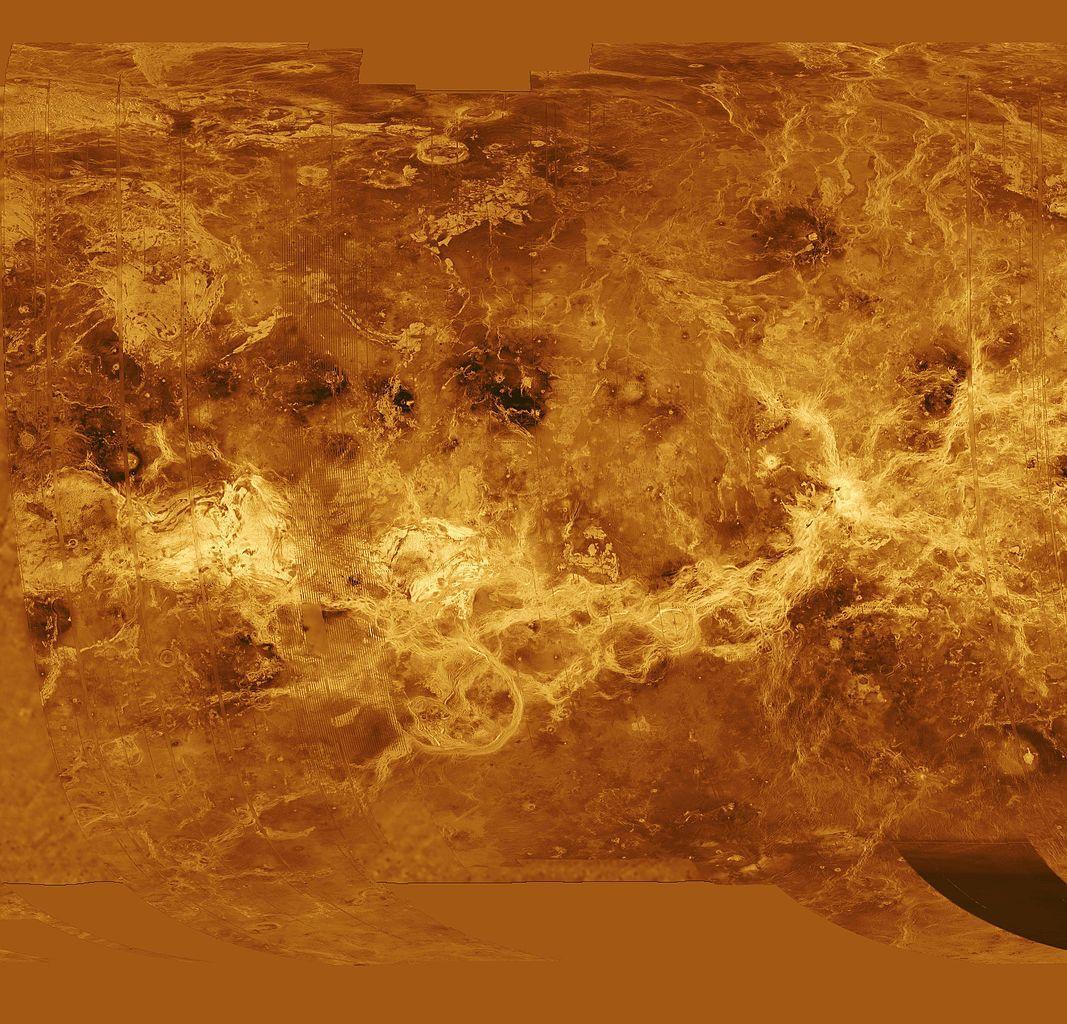
Source: Flickr
It is true that humans cannot survive under the extreme temperature conditions of Venus, but some microorganisms on Earth have been proven to possess that capability. So, why can’t it be possible in Venus’ atmosphere?
Another Scientist Believes Thaller Is Too Optimistic
Dr. Thaller is so confident that extraterrestrial life would be discovered on Venus that she has ruled out the possibility of the find not happening—she’s only worried about the timing.
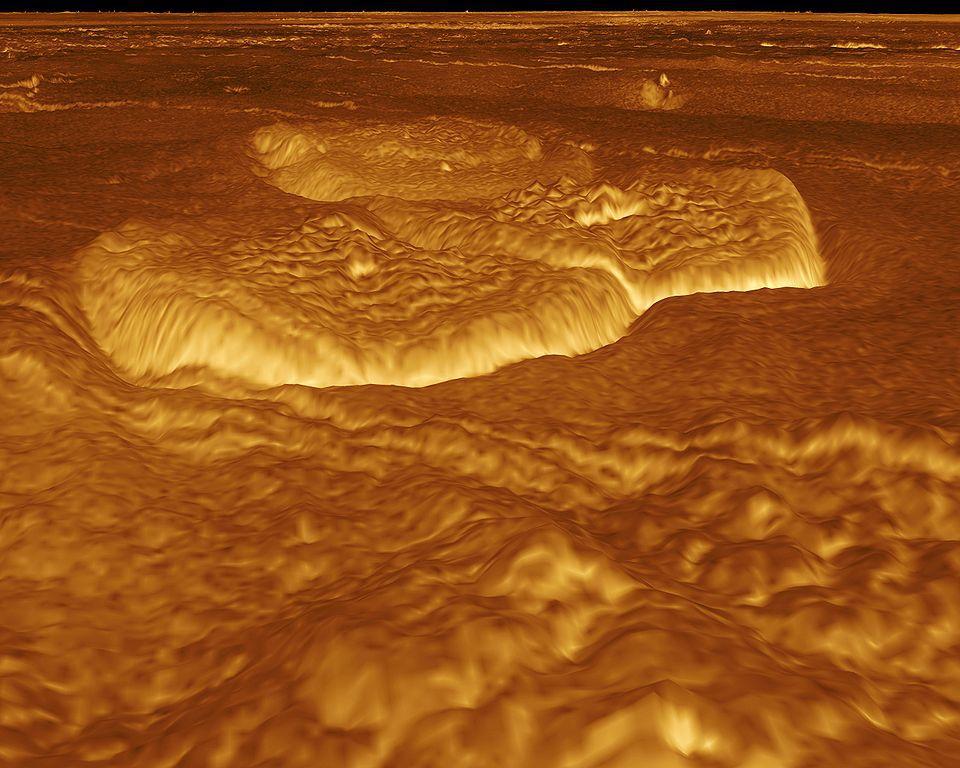
Source: NASA
However, an astrobiological egghead from University College of London thinks otherwise. Professor and astrobiologist Dominic Papineau is not ruling out Thaller’s opinion, but he believes she’s too optimistic.
Justification for Papineau's Disagreement
Papineau explained his reservations about the possibility of finding life on Venus. According to him, Thaller is not considering the fact that no trace of water has been discovered on the planet in question—not in its atmosphere, on the surface, or beneath its highly volcanic crust.
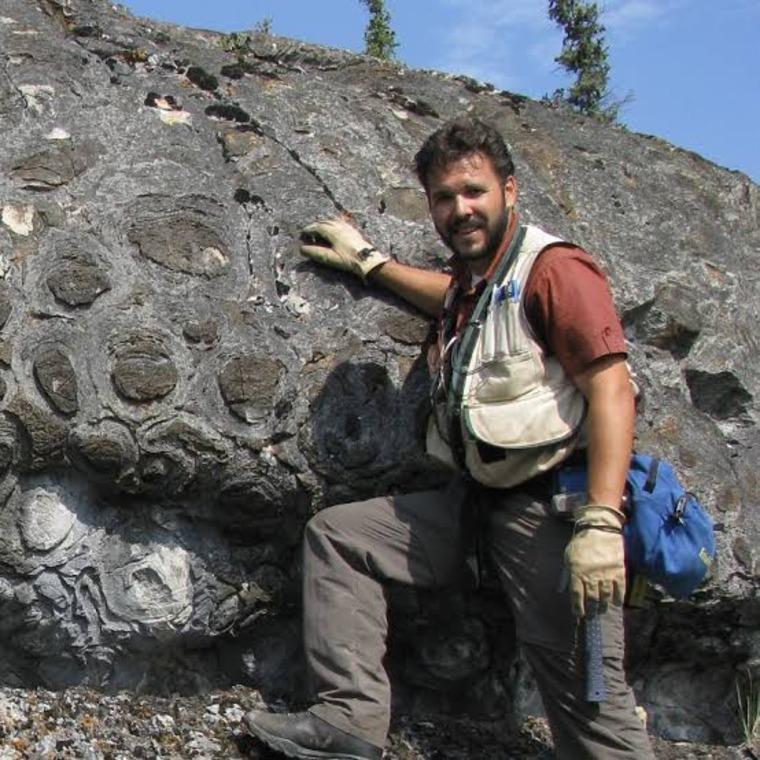
Source: Dominic Papineau/LinkedIn
Papineau proceeded to remind the astronomical community that water is an essential precursor for even unintelligent life.
Here’s One Thing Both Scientists Agree On
It is true that Professor Papineau and Dr Thaller disagree on the existence of life on Venus. However, they both agree that some planetary satellites in our solar system, like Europa, contain ice. So, these are better prospects for unintelligent lifeforms.
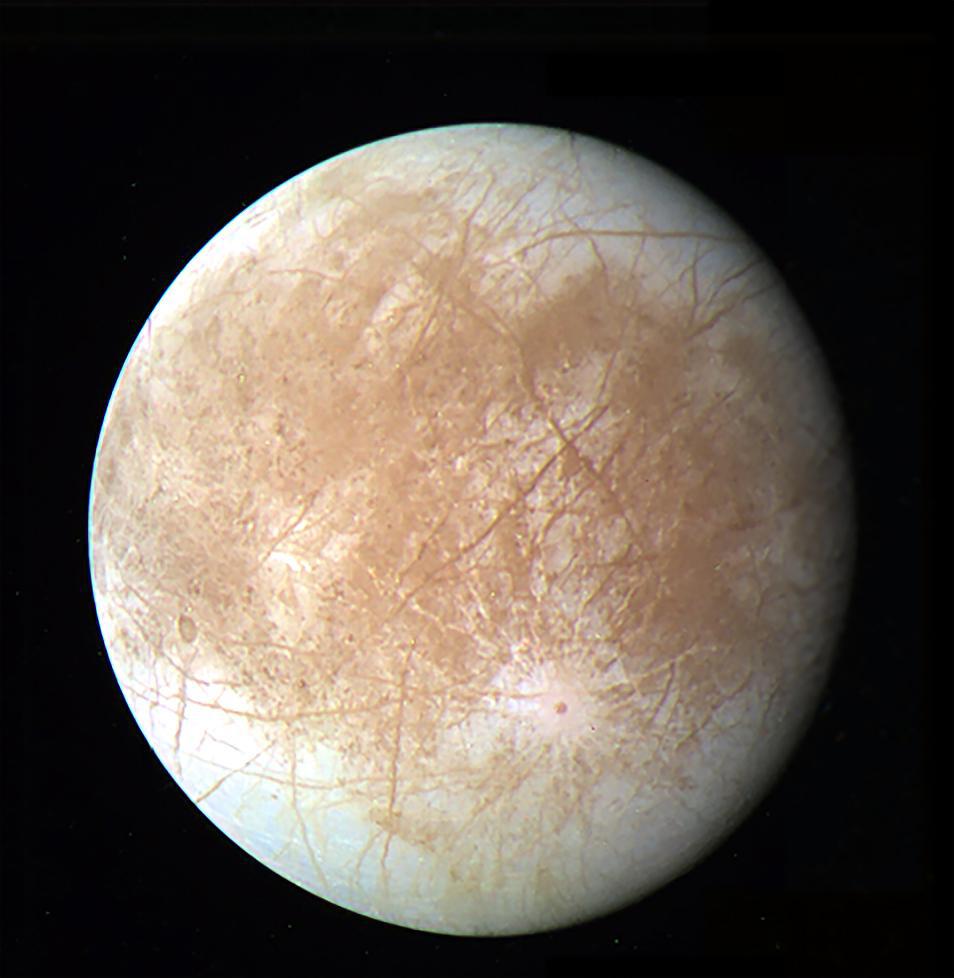
Source: Flickr
Besides, the fossils of these icy planets give us concrete proof of their ability to sustain life, either in the past or near future.
